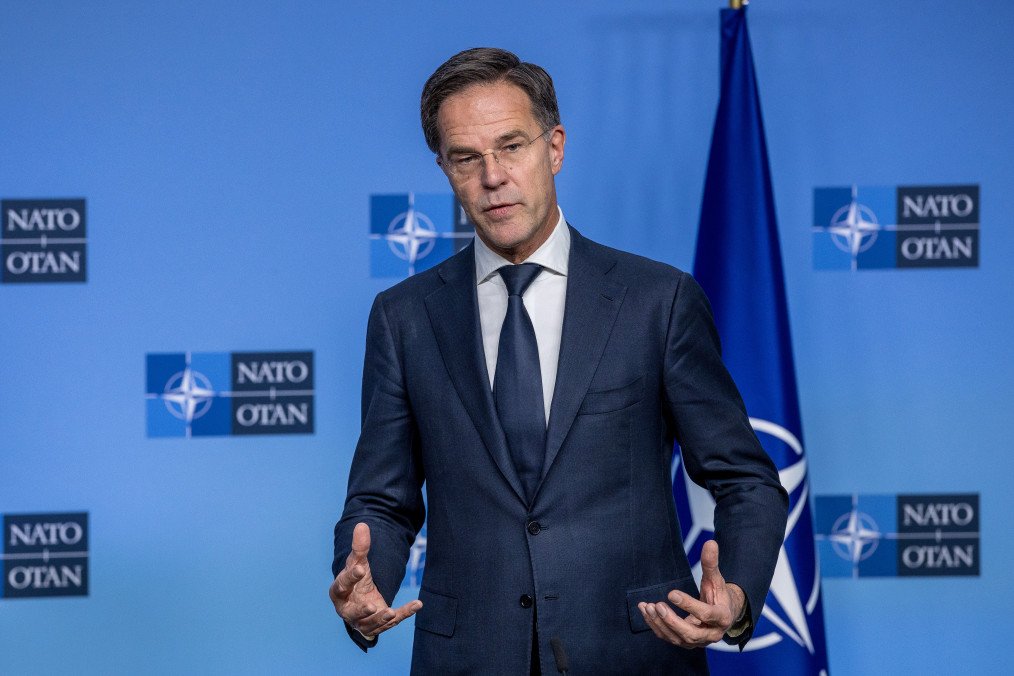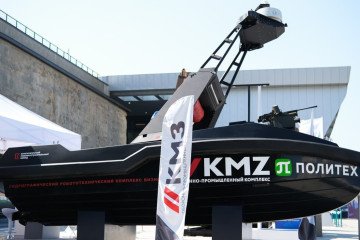NATO foreign ministers have agreed on a package of measures to address hybrid threats from Russia, focusing on intelligence sharing, cyber defense, and protection of critical infrastructure, announced NATO Secretary General Mark Rutte on December 4.
“NATO foreign Ministers agreed a set of proactive measures to counter Russia’s hostile and cyber activities. These include enhanced intelligence exchange, more exercises, better protection of critical infrastructure, improved cyber defense, and tougher action against Russia’s shadow fleet of oil exporting ships,” Rutte stated.
Rutte emphasized that Russia’s hybrid warfare strategy includes sabotage, cyberattacks, and energy blackmail.
A new hybrid warfare strategy is expected to be finalized at the NATO summit in The Hague in June 2025.
Earlier, Czech Foreign Minister Jan Lipavský reported 500 hybrid incidents in Europe this year alone, with nearly 100 of them linked to Russia. He emphasized the need for a unified response to send a clear message to Moscow.
One recent case under investigation involves the disruption of underwater internet cables in the Baltic Sea in November, affecting connections between Germany, Finland, Sweden, and Lithuania. Swedish authorities are currently examining the role of a Chinese vessel, Yi Peng 3, which was reportedly in the vicinity of the damaged cables.







